Event description
On Wednesday, December 8, the Embassy of Finland and the Atlantic Council’s GeoTech Center held a flagship, in-person conference on technology foresight featuring President of Finland Sauli Niinistö, US Deputy National Security Advisor Anne Neuberger, Finnish Permanent State Secretary Matti Anttonen, NSC Senior Director for International Economics and Competitiveness Peter Harrell, Finnish Ambassador to the United States Mikko Hautala, and Atlantic Council CEO Fred Kempe.
The public portion of the event, titled “Unpacking the Geopolitics of Technology: Galvanizing emerging tech to empower people, prosperity, and democracy,” covered the launch of a report on the Geopolitics of Technology, two panel presentations of decision-makers and subject matter experts, and a keynote from Anne Neuberger, the serving Deputy National Security Advisor for Cyber and Emerging Technology. In the afternoon, in-person attendees were invited to participate in five small workshops, in which they discussed key topics under the technology foresight umbrella with the guidance of Atlantic Council experts and facilitators. The workshops, held under Chatham House Rule to encourage frank and open discussion, are summarized below. To view the public portion of the event, please see the video below.
Report Launch
Marking a year long cooperation between the Ministry for Foreign Affairs of Finland and the Atlantic Council GeoTech Center, the report “Unpacking the Geopolitics of Technology” is launched at today’s conference. Together the authors examine the transformation of technology and work in a broader social and political context, look at strategies that different regions of the world employ, and evaluate the transition’s geopolitical impact.
Workshop summaries
1) US-China relations
The development and application of emerging technologies has become the new playing field for great power competition between the United States and China, both striving for digital supremacy and spheres of economic influence. Worrying about an escalating rivalry, many countries and state conglomerates have started to pursue their own digital sovereignty, even if they lag behind in the global race of tech development, innovation, and cyber capabilities. This workshop explored the complex relationship between the United States and China, examined current trends, and evaluated how the two powers can compete in the technology sector while avoiding escalation.
Participants voiced concerns particularly over intellectual property (IP) infringement and theft by China, which led to a wide-ranging discussion about the value of standards-setting to the protection of each country’s IP and sensitive technology. A second thread of conversation explored the potential of a “partial decoupling” between the two states, which could be achieved by reducing US dependency on Chinese supply chains and increasing investment in Southeast Asia to counter China’s Belt and Road Initiative. A participant highlighted the EU’s Global Gateway program as a step in the right direction, but noted that the project lacks the funding to be of real impact. Participants also expressed interest in China’s investments in African technology and physical infrastructure, and highlighted the need for the US to address Chinese “tech diplomacy.” The workshop concluded by identifying potential areas of future cooperation, which included space, climate change, and artificial intelligence – though the latter will be a challenging field for cooperation, as discourse on autonomous weapons systems continues to heat up.
2) Political extremism in the digital age
Whether in Europe, India, or the United States, liberal democracies have come under attack as filter bubbles enable political extremism in the digital age. Mis- and disinformation, often supported by foreign actors, have divided societies and made political compromise even harder. This workshop evaluated the current status of political extremism in Europe and the United States, discussed how digital technologies create breeding grounds for extremist thought and information silos, and looked at potential policy solutions to mis- and disinformation in the digital age.
3) Future of Work and social implications
The transformation from a production- to a service-based economy has shifted the geography of economic growth dramatically, and technical advancement will most likely further expedite this process. Due to wide-ranging automation, jobs are no longer located where they used to be, and the high-tech industries that are powering today’s economies have little desire to change their economic models. In order to avoid social cleavages that spawn frightening externalities, the future of work needs to be reimagined. This workshop focused on the social and (geo)political implications of automation across industries, discussed how models for life-long learning can mitigate negative externalities, and evaluated how policy solutions can harness the benefit of emerging technologies for future jobs. Understanding the ‘future of work’ also can bring up philosophical questions about the worth of an individual, or structural ones about social aid.
Participants largely agreed that automation is likely to lead to disruption, particularly in low-paying jobs but also provide new opportunities in the technology sector. Many found that rescaling remains a challenge in the absence of a good working and education model for the future of automation, and they emphasized that policymakers need to prepare society for the positive impacts of these technologies while taking steps to mitigate the negative ones. Discussions concluded by highlighting the need for the public and private sectors to work together on retraining and education programs, so that the transition to further automation is as painless as possible for the job market and that it benefits society at all levels of income and across professional sectors. The public sector is more often deemed responsible for retraining and rescaling, but private industry has a significant and valuable role to play, as well.
4) Democracy, digital transformation, and trust
The level of democracy enjoyed by the average global citizen in 2020 is down to levels last seen around 1990. In addition to suffering from outside threats, many liberal democracies have eroded from within, and populism has become a force to be reckoned with. Anti-establishment sentiment is strong wherever trust in the problem-solving capacity of democratic institutions is low, and so- called “alternative facts” undermine the very concept of truth. This workshop focused on the digital transformation of government services, the importance of trust in good policy, and the need for equitable access to technology to build resilient democratic institutions.
Participants stressed that meaningful engagement from the public and diversity in opinion are paramount for successful and democratic digital transformation. In an era when the government’s message is easily drowned out by voices in social media, people can only gain trust in (digital) government services when they have easy access to government resources and information. Trust in government will require better communication from the government to the people, as well as easier access to existing government resources and information. Information silos can also create a breakdown in communication between government and citizens, further contributing to a lack of public trust. Discussants agreed that especially better customer service from government agencies – especially the kind that involves human interaction rather than robotic messaging – will also help with accountability and trust.
5) Key emerging technologies
Much of the discussion on emerging tech is centered around Artificial Intelligence (AI), which is regarded as both an opportunity and a threat to humankind. Other key technologies are often disregarded, though they may have wide ranging implications when it comes to the future of bioengineering, space exploration, or computing. This workshop highlighted concerns about recent exponential capacity growth in 5G capabilities, biometrics, space exploration, quantum computing, and blockchain applications. Biotechnology and digital identification were also noted as new technologies with high potential for both risks and rewards. Participants engaged in a horizon screening exercise and thought of policy recommendations on how best to manage the rise and usage of future key technologies.
Breakthrough technologies can be highly advantageous for global supply chains, food production, and governance, but may have serious social consequences. The discussion mainly centered around the question of whether policymakers in the emerging technology space can successfully protect society and individual privacy without impeding innovation at the same time. The workshop concluded that collaboration between policymakers and technology companies remains of paramount importance to the creation of standardized global regulations for emerging technologies. Participants also highlighted trust in government as crucial to the design of solid regulations and policy for new tech.
Agenda
Arrivals
Welcome remarks
Ambassador Mikko Hautala, Ambassador of the Republic of Finland to the United States
President Sauli Niinistö, President of the Republic of Finland (virtual)
Report launch and debate
Julian Mueller-Kaler, Senior Resident Fellow, GeoTech Center, Atlantic Council
Mathew Burrows, Director of Foresight, Scowcroft Strategy Initiative, Atlantic Council
IN CONVERSATION WITH: Matti Anttonen, Permanent State Secretary, Finnish Ministry for Foreign Affairs
9:55 – 10:00 a.m.
Video contributions from the George Washington University Debate & Literary Society
Panel Discussion | A race for influence: the geopolitics of technology
Fran Burwell, Distinguished Fellow, Europe Center, Atlantic Council
Michael Horowitz, Director, Perry World House, University of Pennsylvania
Peter Harrell, Senior Director for International Economics and Competitiveness, White House National Security Council
MODERATED BY: Steve LeVine, Journalist, The Electric
Keynote fireside chat
Anne Neuberger, Deputy National Security Advisor for Cyber and Emerging Technology, Executive Office of the President of the United States
MODERATED BY: Stephanie Wander, Acting Director, GeoTech Center, Atlantic Council
Lunch break
Food for thought: What 6G will mean for connectivity
Peter Vetter, President, Nokia Bell Labs (virtual)
Panel discussion | Leveraging tech opportunities for the 21st century
Fred Kempe, President and CEO, Atlantic Council
Matti Anttonen, Permanent State Secretary, Ministry of Foreign Affairs of Finland
April Falcon Doss, Executive Director, Georgetown Institute for Technology Law and Policy
MODERATED BY: Ryan Heath, Senior Editor, Politico
Coffee break
Breakout workshops
1) US-China relations
2) Political extremism in the digital age
3) Future of Work and social implications
4) Democracy, digital transformation, and trust
5) Key emerging technologies
Rapporteurs and reflections
Reception
Featuring
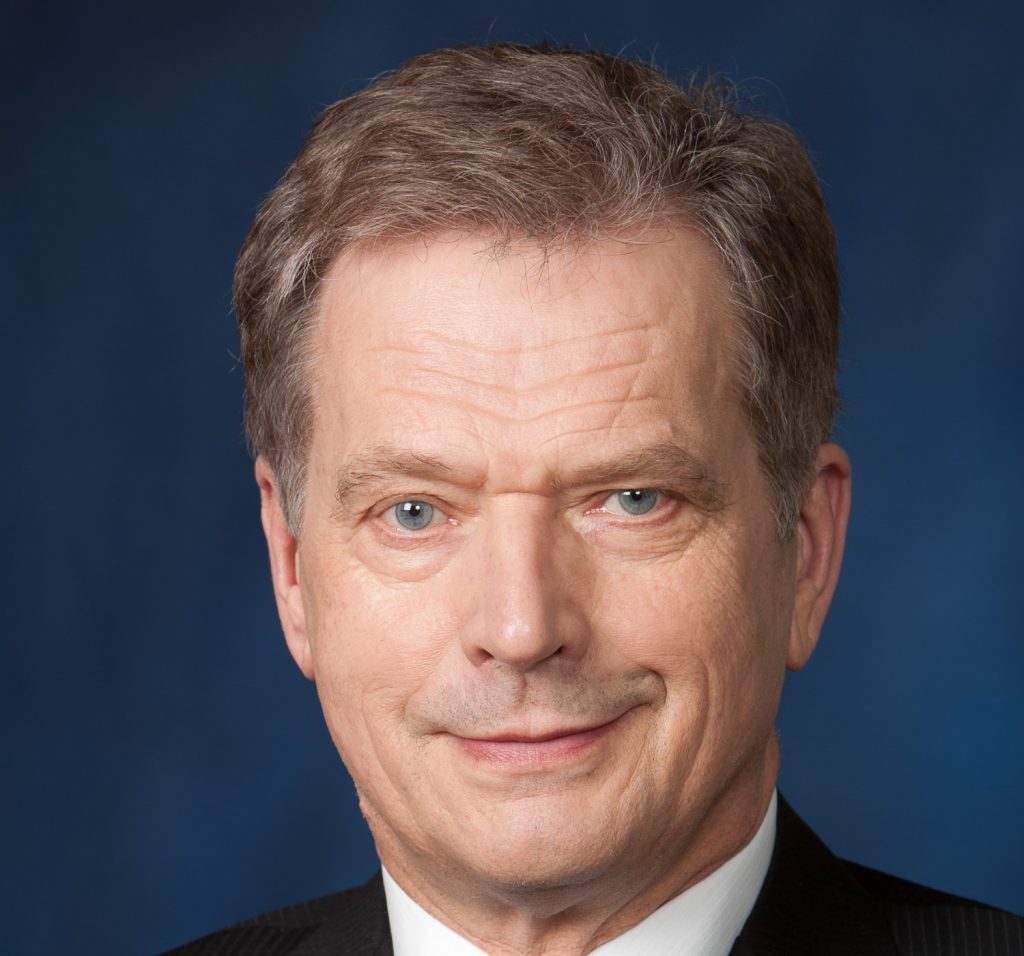
Sauli Niinistö
Sauli Niinistö is the 12th President of the Republic of Finland.
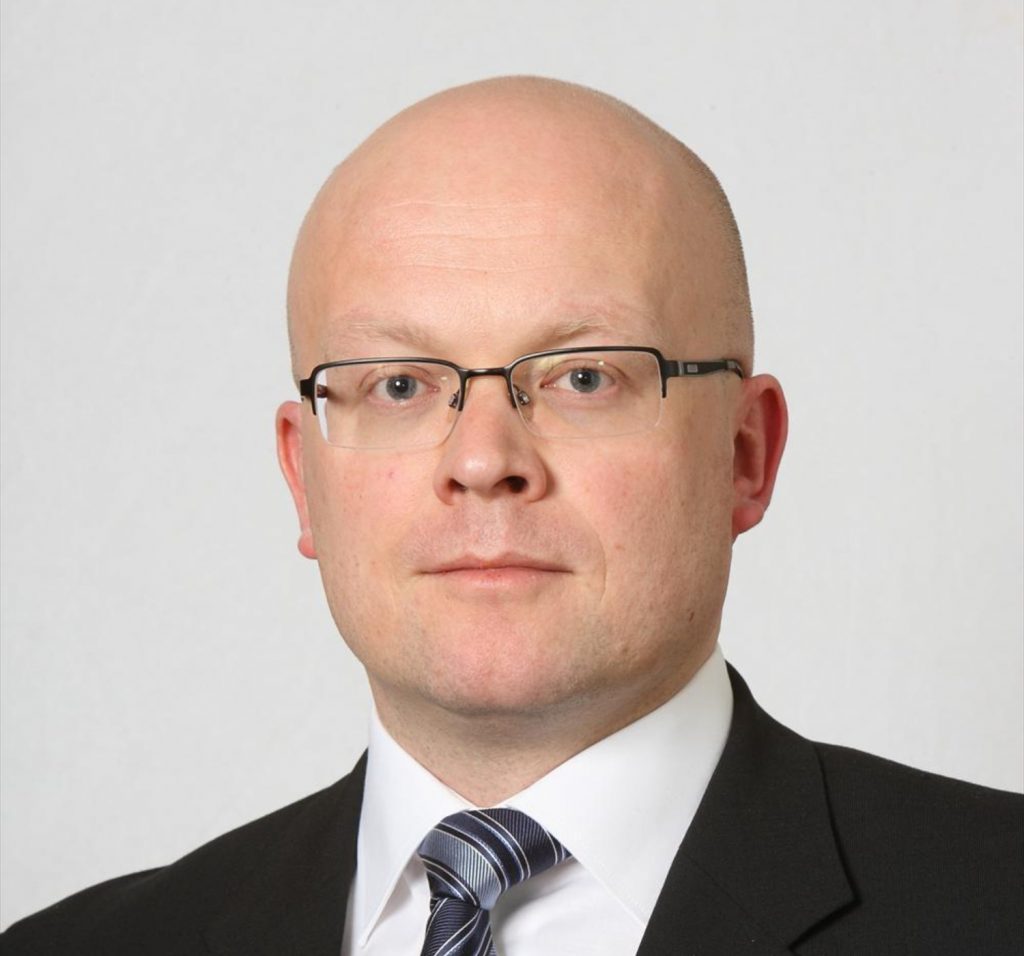
Ambassador of the Republic of Finland to the United States
Ambassador of Finland to the United States since September 2020. Prior to that (2016-2020), he served as Ambassador of Finland to Russia. He holds degrees in Master of Political Science (M.Pol.Sc) and Master of Philosophy (MPhil), both from University of Helsinki. Hautala currently holds the military rank of Captain.
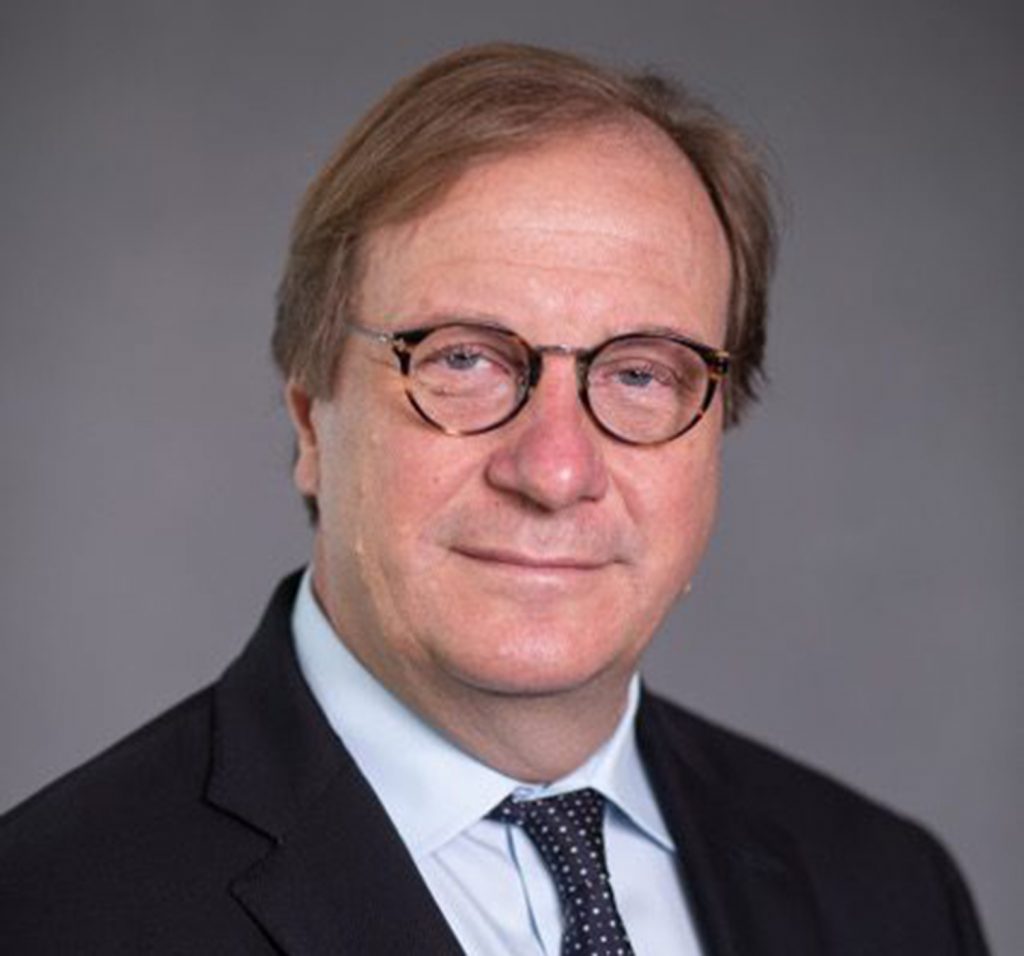
President and CEO,
Atlantic Council
President and chief executive officer of the Atlantic Council. In 2002, The European Voice, a leading publication following EU affairs, selected Kempe as one of the fifty most influential Europeans, and as one of the four leading journalists in Europe. Kempe is a graduate of the University of Utah and has a master’s degree from Columbia University’s Graduate School of Journalism.
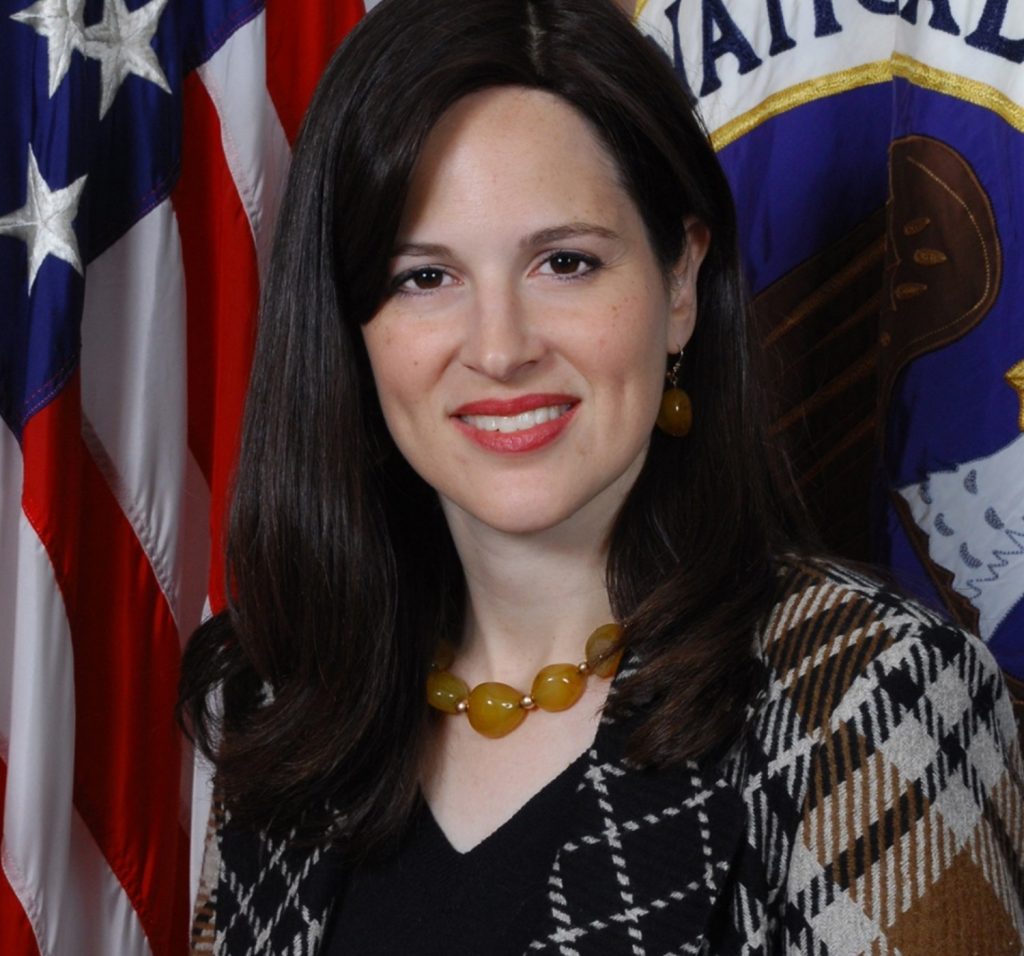
Deputy National Security Advisor for Cyber and Emerging Technology,
White House National Security Council
Deputy Assistant to the President and Deputy National Security Advisor for Cyber and Emerging Technology on the National Security Council. Previously, she served as the National Security Agency’s (NSA) Director of Cybersecurity, where she led NSA’s cybersecurity mission. She graduated from Columbia University with an MBA and Master of International Affairs (MIA).
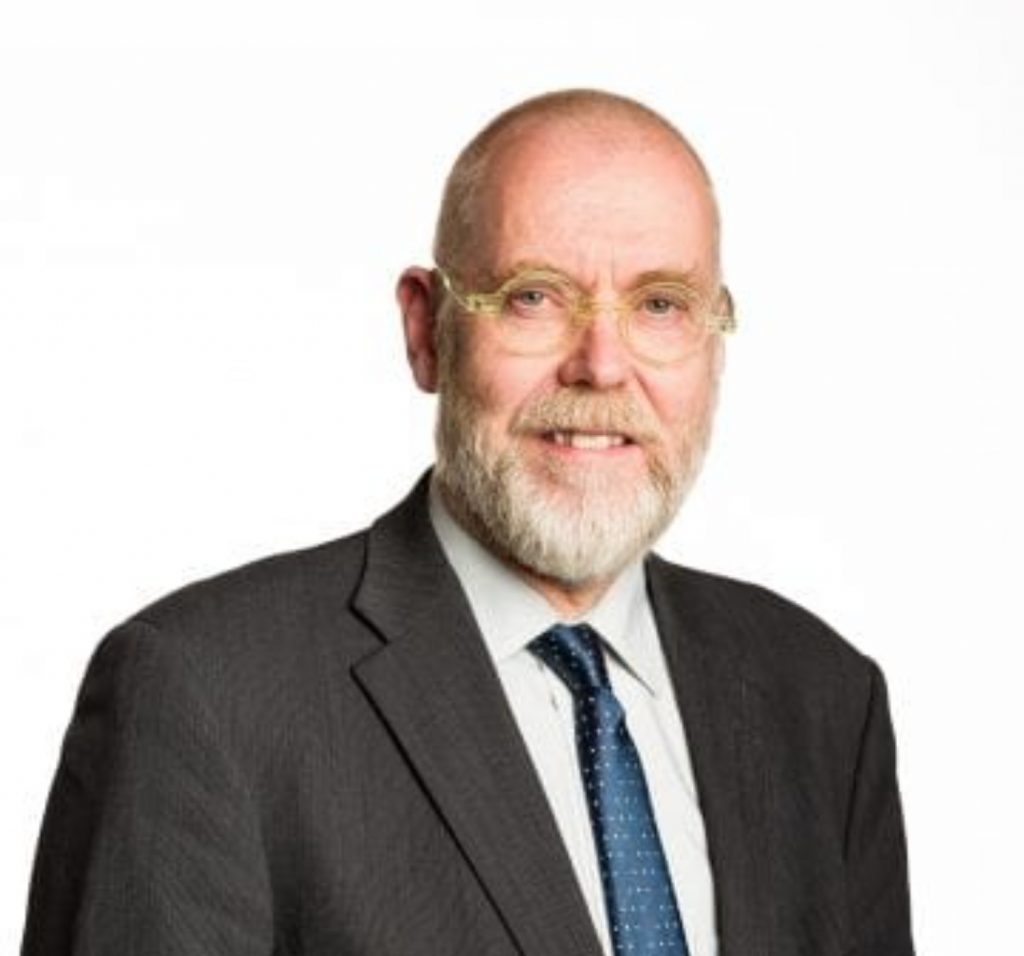
Permanent State Secretary,
Ministry for Foreign Affairs of Finland
Permanent State Secretary of Ministry for Foreign Affairs of Finland since March 1, 2018. Previously, he served as Ambassador of Finland to Sweden and as Under-Secretary of State for External Economic Affairs at the Ministry for Foreign Affairs.
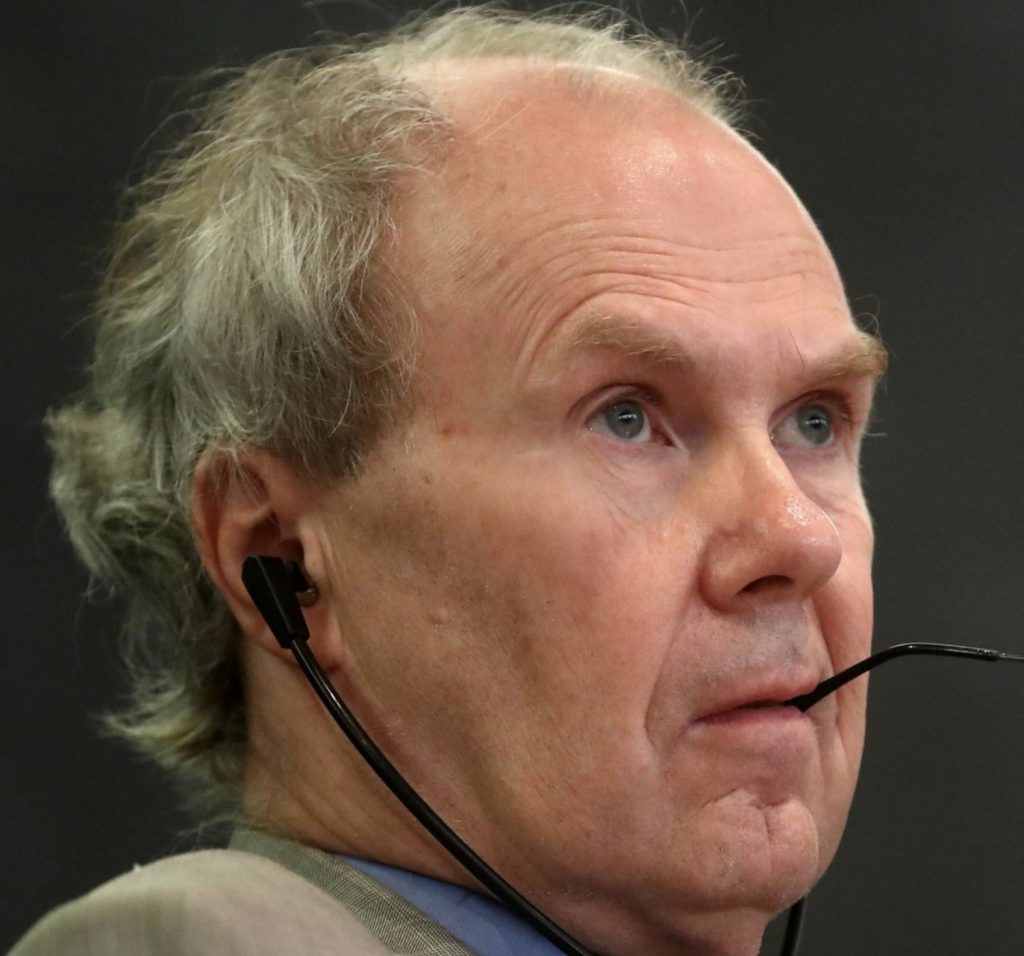
Director of Foresight, Scowcroft Strategy Initiative,
Atlantic Council
Director of the Foresight, Scowcroft Strategy Initiative and as the co-director of New American Engagement Initiative within the Atlantic Council’s Scowcroft Center for Strategy and Security. In 2013, he retired from a 28-year long career in the State Department and the Central Intelligence Agency (CIA). He earned his PhD in History from the University of Cambridge.
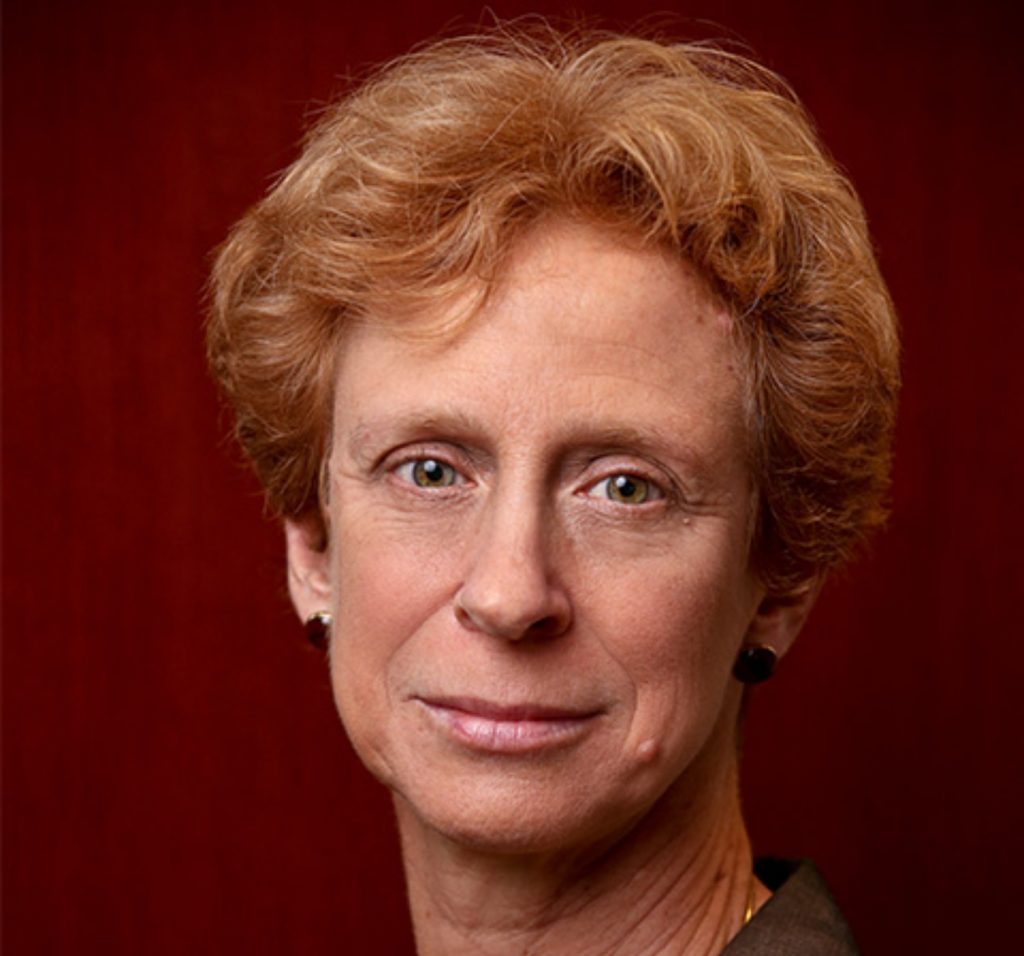
Distinguished Fellow, Europe Center,
Atlantic Council
Frances G. Burwell is a distinguished fellow at the Atlantic Council’s Europe Center and a senior advisor at McLarty Associates. Until January 2017, she served as vice president, European Union and Special Initiatives, at the Council. She has a doctorate from the University of Maryland and an M. Phil from Oxford University.

Acting Director, GeoTech Center,
Atlantic Council
Acting Director and Senior Fellow at the GeoTech Center at the Atlantic Council. She is a technology and innovation strategist with a successful track record of launching large-scale projects to solve global grand challenges. Ms. Wander’s approaches integrate innovation best practices and mindsets including design thinking, behavior change strategies, foresight techniques, and expert and public crowdsourcing.
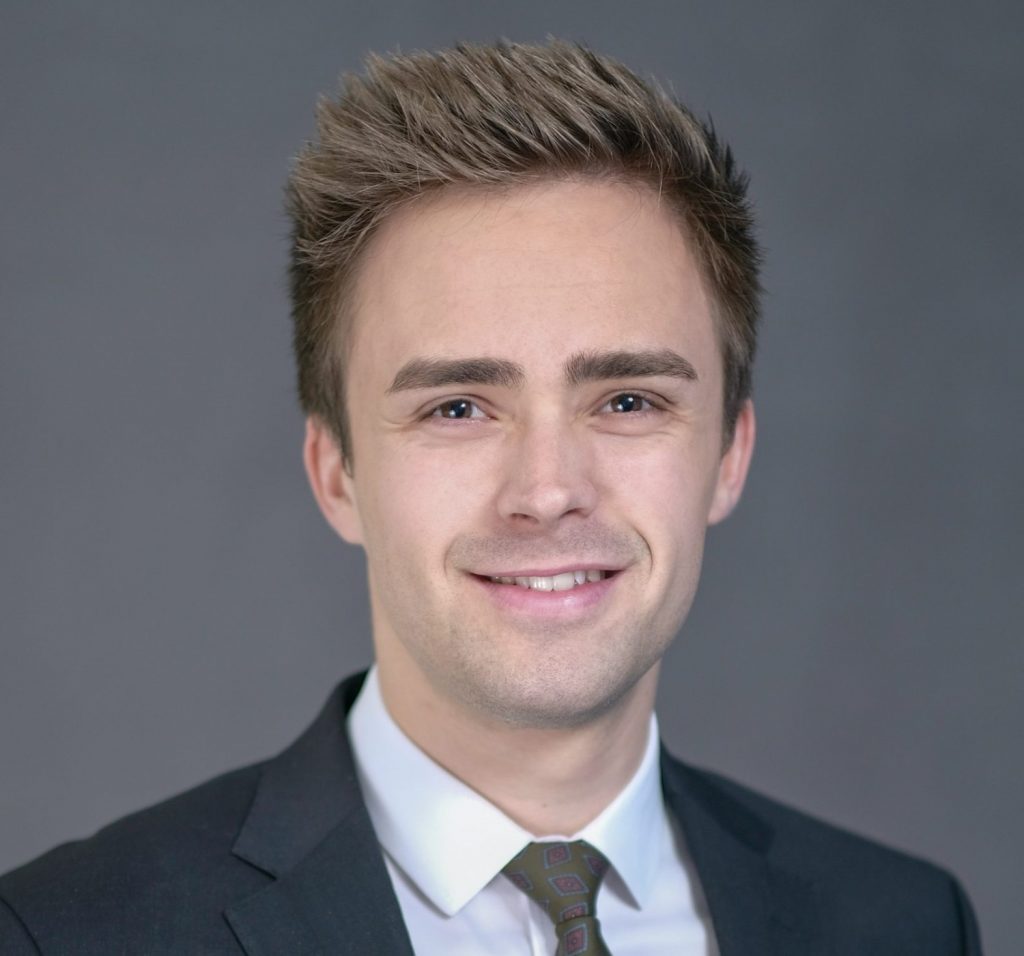
Resident Senior Fellow, GeoTech Center,
Atlantic Council
Resident senior fellow with the GeoTech Center and a nonresident senior fellow with the Scowcroft Strategy Initiative at the Atlantic Council, which provides actionable foresight, global risk analysis, and innovative strategies to a community of policymakers, business leaders, and citizens. He graduated as a Fulbright-Schuman scholar from Georgetown University’s School of Foreign Service.

April Falcon Doss
Executive Director of the Institute for Technology Law and Policy at Georgetown University. Previously, she spent over a decade at the National Security Agency, where she held a number of positions that included managing operational programs and technology innovation efforts. Author of Cyber Privacy: Who Has Your Data and Why You Should Care (BenBella, 2020).
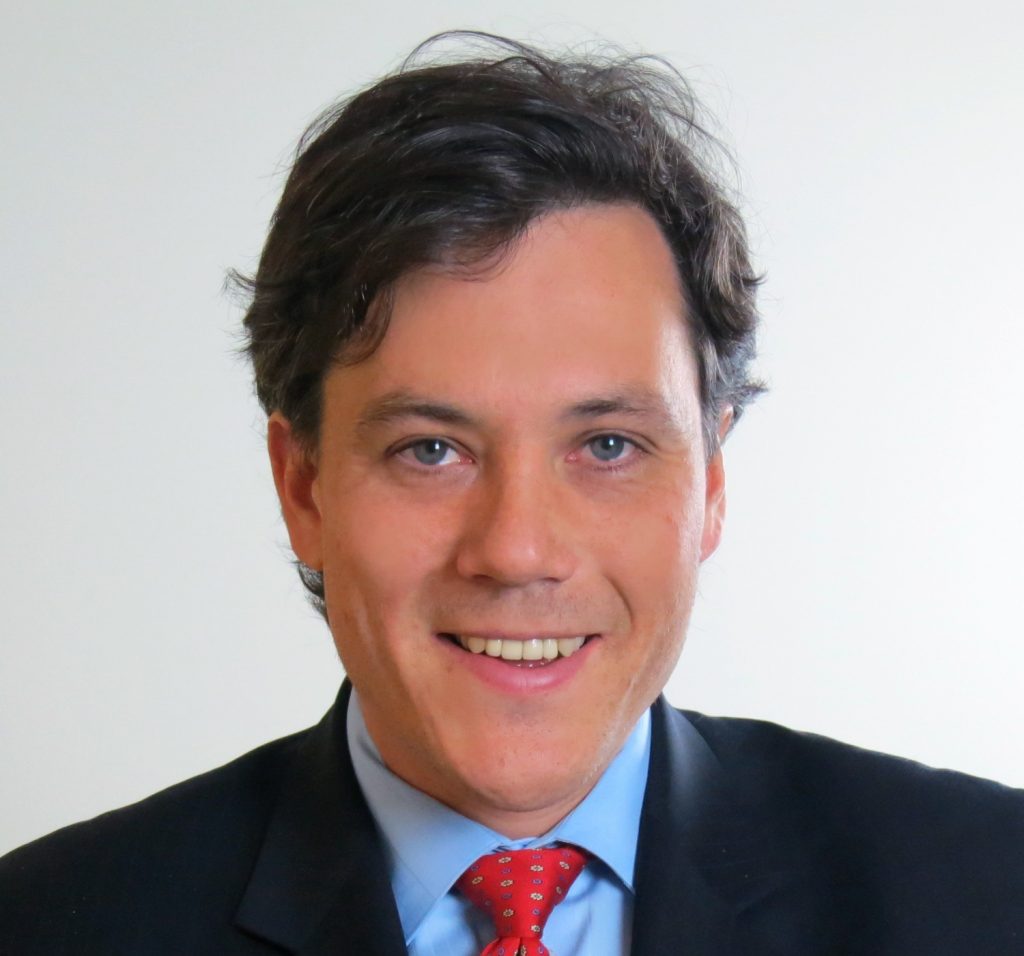
Peter Harrell
Senior Director for International Economics and Competitiveness on the National Security Council. He previously served in the Obama state department, from 2012-2014 as a Deputy Assistant Secretary for Counter Threat Finance. He holds a J.D. from the Yale Law School.

Ryan Heath
Ryan Heath is the author of Global Translations, POLITICO’s global newsletter and podcast, and previously authored POLITICO’s U.N. Playbook, Brussels Playbook, and Davos Playbook. Ryan moderated the first presidential debate of the 2019 EU election, as part of a five year stint in the POLITICO’s European leadership team. He appears on CNN, NBC and BBC and is the author of two books on politics.
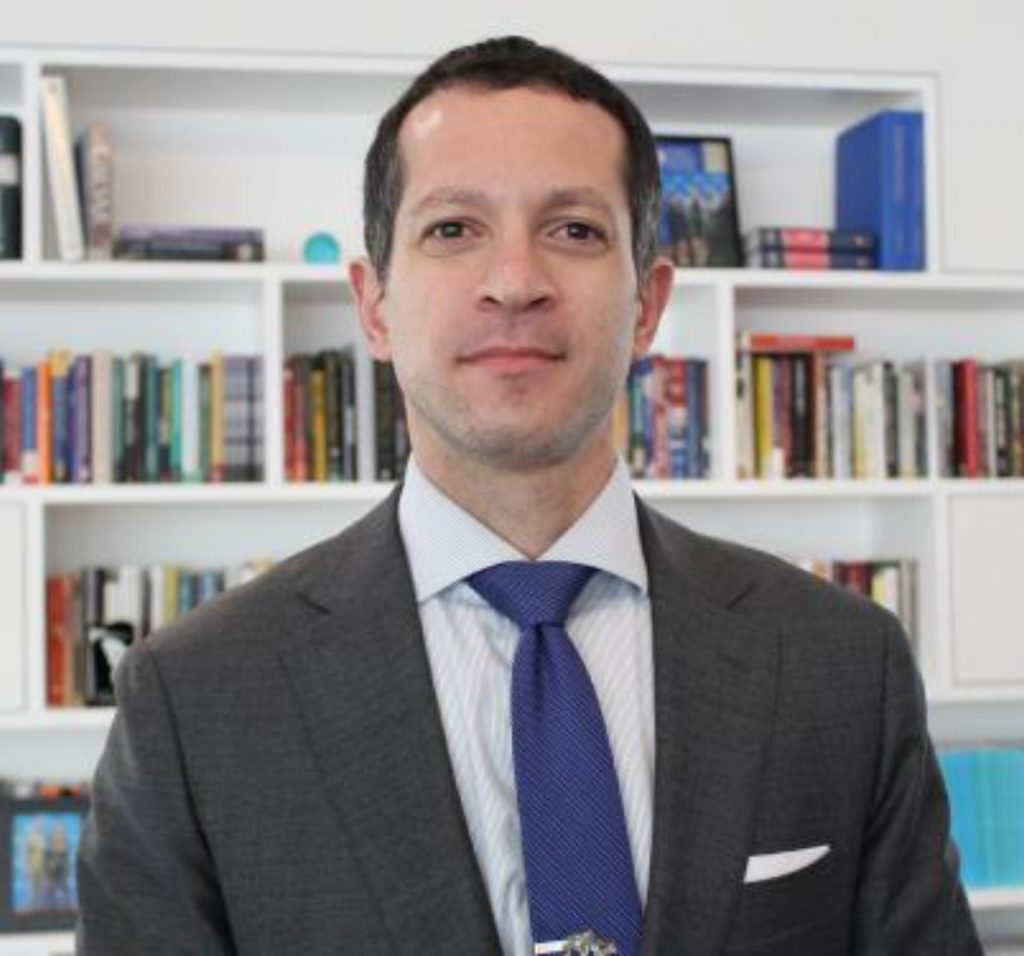
Michael C. Horowitz
Senior fellow for defense technology and innovation at the Council on Foreign Relations. He is also director of Perry World House, Richard Perry professor, and professor of political science at the University of Pennsylvania. Horowitz received his PhD in government from Harvard University and his BA in political science from Emory University.
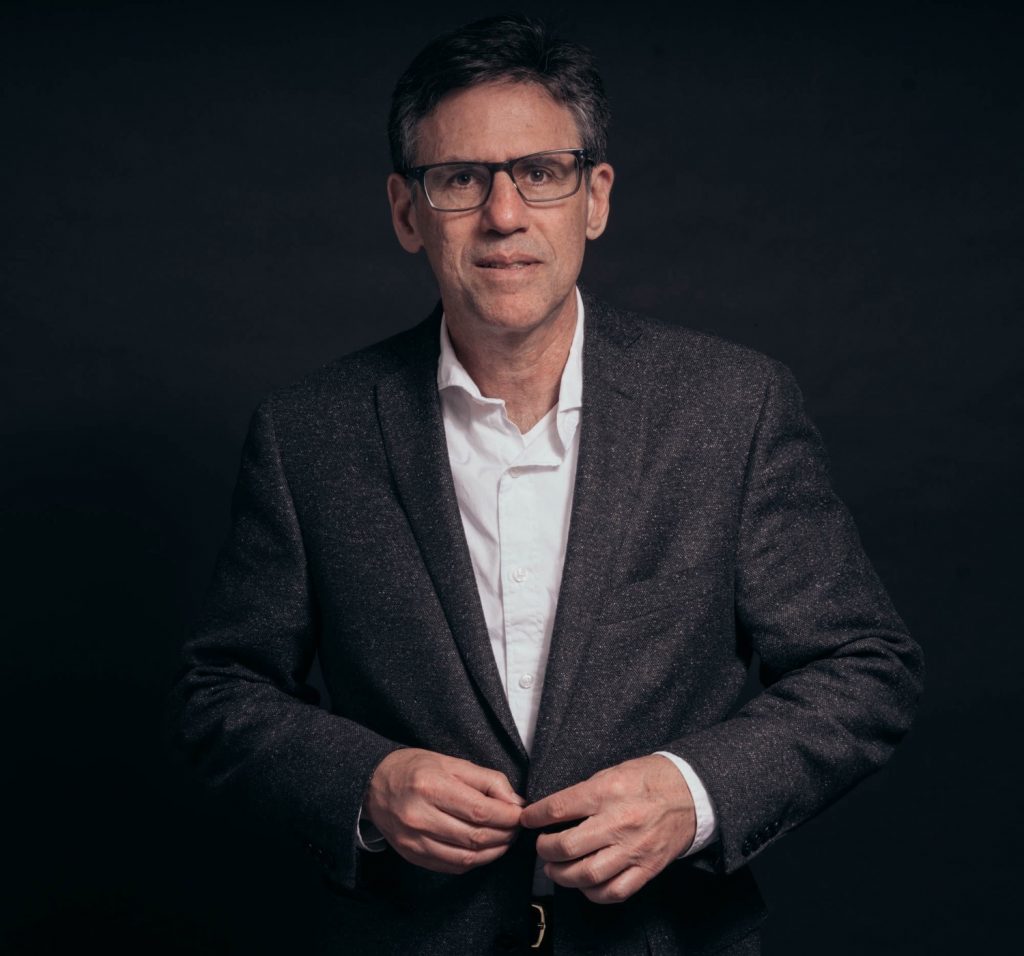
Steve LeVine
Nonresident senior fellow at the Scowcroft Strategy Initiative in the Atlantic Council’s Scowcroft Center for Strategy and Security. He is also Editor of The Electric, a publication on batteries and electric vehicles.

Peter Vetter
President of Bell Labs Core Research at Nokia Bell Labs and a Bell Labs Fellow. Under his leadership, he and his teams have realized several world-first system demonstrations in access and successfully transferred industry leading concepts into product. He was also co-founder of an internal venture that produced the first FTTH product in Alcatel.
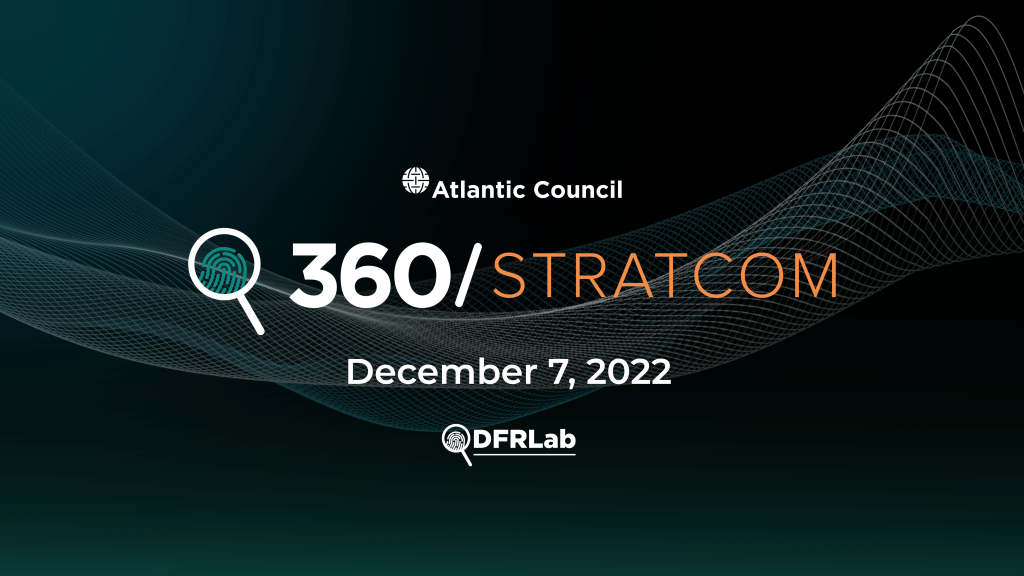
360/StratCom is DFRLab’s annual, premier government-to-government forum focused on working with allies and partners to align free and open societies in an era of contested information.

